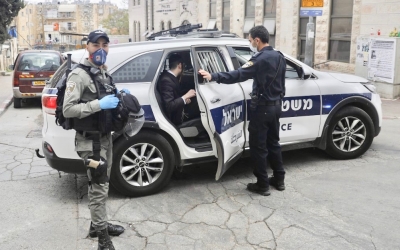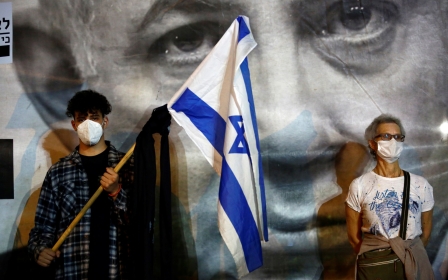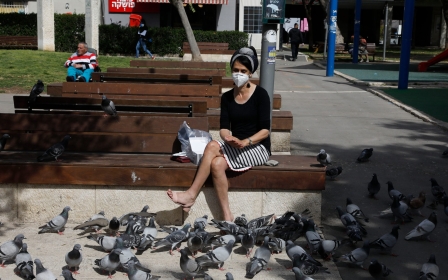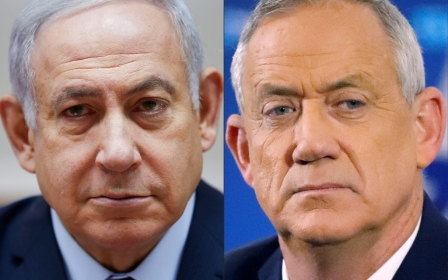Coronavirus: Israel reopens some businesses and considers resuming school year
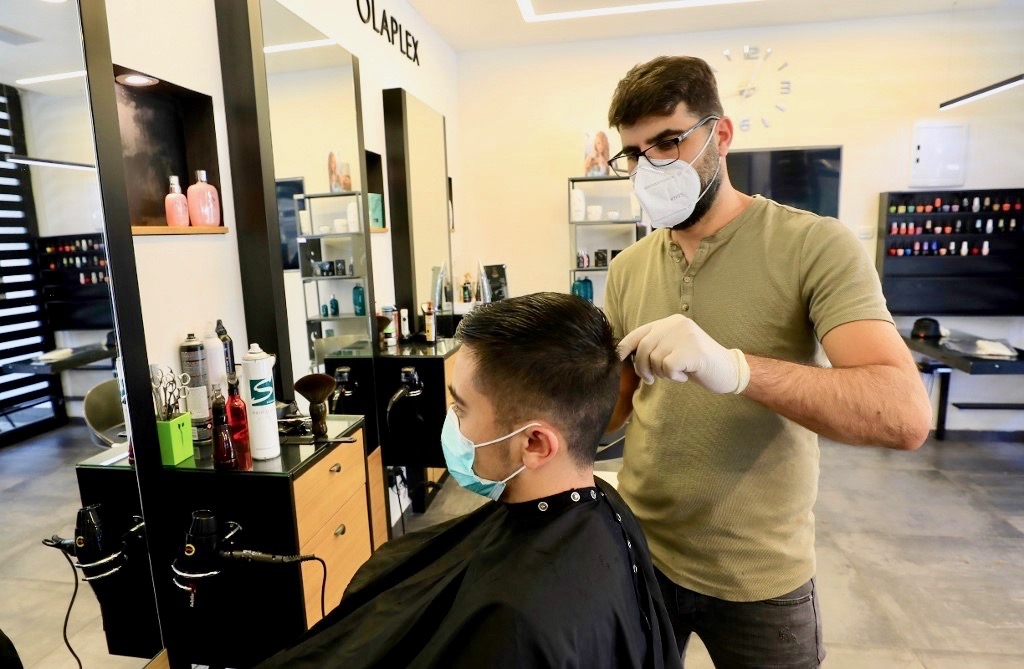
Israel allowed some businesses to reopen on Sunday and said it was considering letting children return to school as part of trial efforts to ease coronavirus restrictions and help the country's struggling economy.
After weeks of closures, shops with street access reopened, though malls and markets stayed off-limits to prevent large gatherings. Restaurants were allowed to offer take-away food, in addition to delivery services already operating, Reuters reported.
In Jerusalem's popular Mahane Yehuda market, angry vendors wearing face masks demonstrated to demand their stalls be reopened. They banged metal spoons on their empty stands and scuffled with police. No arrests were reported.
"There is no sense in shops or groceries being open just around the corner from Mahane Yehuda market while this market stays closed," said Tali Friedman, who heads its committee of vendors.
Traffic surged after the government eased some of the restrictions and is now at 75 percent of what it was before the pandemic, Channel 13 reported on Sunday, as cited by the Jerusalem Post.
Israel, which has a population of about 9 million, has had 15,443 coronavirus cases and 201 deaths. With about 100 Covid-19 sufferers on ventilators and 2,000 more hospital beds on standby, officials see an opportunity to review the country's pandemic policy.
Prime Minister Benjamin Netanyahu will begin discussions on Monday about the gradual reopening of schools, a statement from his office said.
The education ministry has proposed that if the school year resumes, it should run into the summer holiday to make up for lost time.
With unemployment rising above 27 percent, the government has approved an 80 billion shekel ($23bn) aid package to help the economy weather the crisis. On Sunday, the prime minister's office and finance ministry said another six billion shekels would be added to the package to help get employees back to work.
Officials described the easing of restrictions as reversible, should new contagions follow. In a sign of a shift away from nationwide restrictions, Israel imposed lockdowns on Sunday in parts of two towns with local virus outbreaks.
"If we are diligent about three rules - masks, social distancing, and hygiene - I believe that we will succeed in combining routine life with preventing the spread of the disease. Do not be nonchalant," health ministry director-general Moshe Bar Siman Tov said on Twitter.
Palestinian officials have reported 342 coronavirus cases and two deaths in the occupied West Bank and the Gaza Strip.
In Gaza, restaurants were allowed to reopen from Sunday, meaning they are likely to attract many customers for iftar - the evening meal in which Muslims break their daily fast during the holy month of Ramadan.
Middle East Eye delivers independent and unrivalled coverage and analysis of the Middle East, North Africa and beyond. To learn more about republishing this content and the associated fees, please fill out this form. More about MEE can be found here.


